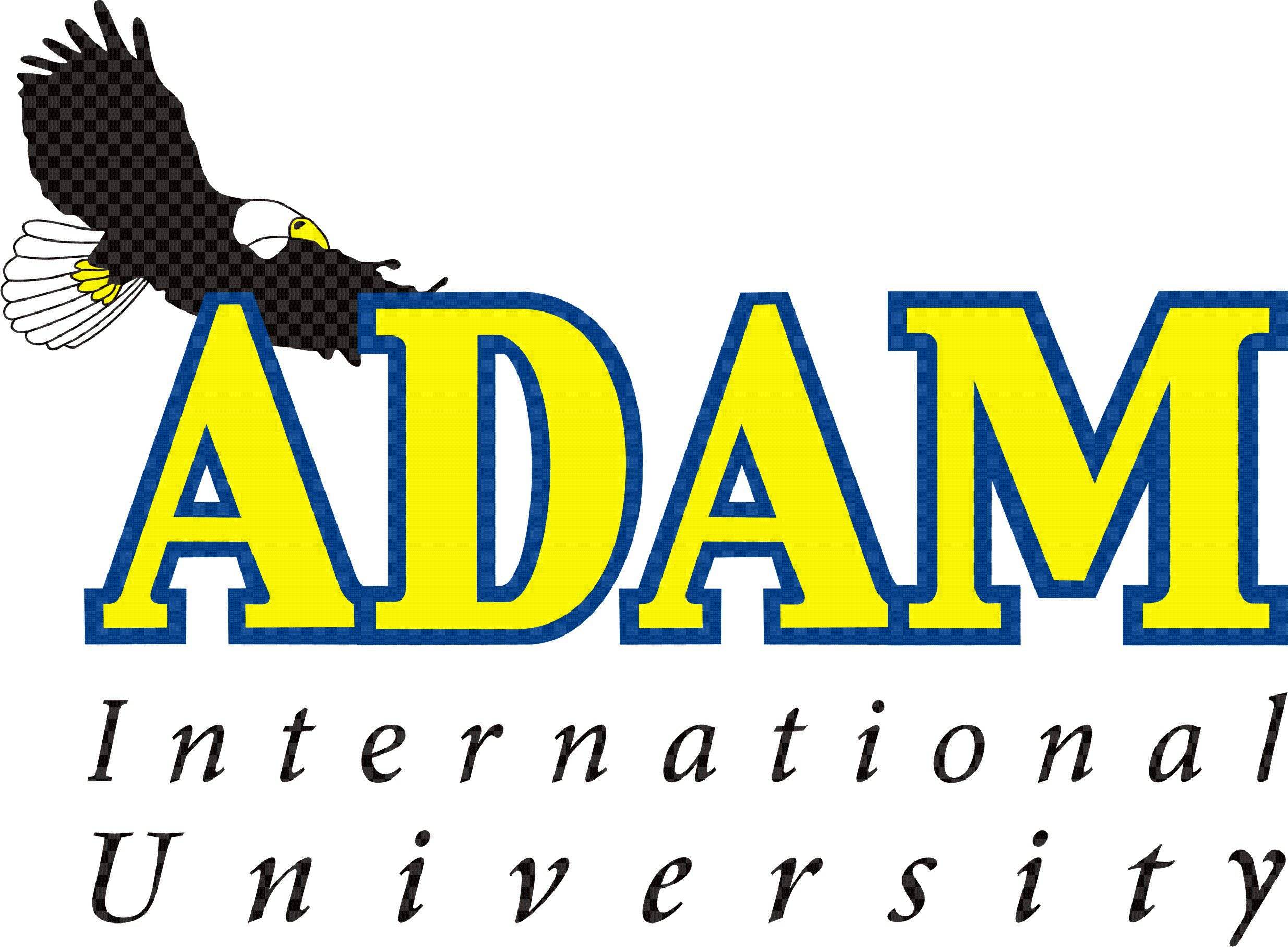Educational goals and objectives of the program:
The program prepares its graduates to have a significant impact on the mental health field as counselors, program directors, researchers, grant writers and policy makers on the local, state and national levels. With those goals in mind, the curriculum focuses on a broad spectrum of issues including the antecedent conditions that predispose people to psychological disorders, the nature and treatment of those disorders, crisis intervention strategies and the influence of various family and group dynamics, gender differences, cultural diversity, social problems and age on the emergence of various symptoms.
Students will be trained to conduct intake and assessment interviews and to utilize the appropriate diagnostic categories. Students also will acquire a knowledge of research and evaluations techniques and the ethical and pragmatic concerns (e.g., managed care and budget constraints) facing the mental health field today. Since many of the program’s graduates are expected to become administrators, they will be instructed in the techniques of supervision. In order to apply what they have learned in the classroom, students will be placed in practica and internships arranged with the program’s field director and supervised both “on site” and on campus by licensed personnel. All of the full-time faculty in the program are licensed either as psychologists or as professional counselors.
The M.A. in clinical/counseling is a 42-credit degree. The curriculum incorporates those competencies necessary for graduates to succeed at every level in the mental health field, to assume a leadership role and to make major contributions to the body of knowledge and the quality of service delivery in mental health care.
Requirements for a Masters in Psychology Degree:
To earn a Masters in Psychology Degree, the following conditions must be achieved:
- Graduation from an accredited college or university with at least 15 credits in psychology or the equivalent and a minimum of 2.8 G.P.A.
- A personal statement of interest and relevance of the program to the applicant.
- Submission of a relevant work project to demonstrate ability to work with complex concepts and fluid self-expression.
- Two letters of recommendation.
- In some cases, a personal interview may be required.
- Submit all college transcripts.
- Complete a minimum of 42 semester hours in approved graduate courses.
- Complete the required Psychology core courses in Theory and Counseling and two electives or passing qualifying examinations corresponding to these courses. A student who passes a qualifying examination in a core course will be exempted from taking that core course, gut will still be require to enroll in the specified number of credits to receive his or her degree. Students are required to complete the core requirements before additional courses may be taken. However, during the semester in which core requirements are being completed, a maximum of one additional non-core course may be taken, subject to departmental approval.
- Achieve a cumulative grade point average of at least 3.00 on a 4.00 scale with no more than two C-level grades (C or C+) throughout graduate course work.
- Complete a minimum of 24 semester credits at Adam University.
- A written comprehensive examination of the candidate’s knowledge of general psychology, as well as his or her field of specialization, is required at the end of certain graduate psychology programs. Students are eligible to take this exam when they have completed 30 credits in approved program courses and/or during the semester in which they are enrolled in their last graduate courses. The comprehensive examination may be taken only twice. Failure the pass the comprehensive examination, either in part or in full, will result in dismissal from the program.
- All graduate programs in psychology should be completed within a period of five years. Applications for extensions of this period are subject to departmental approval.
Masters in Psychology (M.A.) Sequence of Courses
Required Courses in Theory
PSYCH 501 Psychometrics I
PSYCH 503 Developmental Psychology
PSYCH 505 Advanced Statistics and Design
PSYCH 507 Abnormal Psychology
PSYCH 509 Advanced Social Psychology
PSYCH 511 Crisis Intervention
PSYCH 513 The Professional Counselor
Required Courses in Counseling
PSYCH 521 Practicum in Addictions Counseling (350 hours)
PSYCH 523 Family Systems
PSYCH 525 Group Dynamics
PSYCH 527 Counseling I: Counseling and Interviewing
PSYCH 529 Counseling II: Lifestyle and Career Counseling
Electives – Students select two courses from the following:
PSYCH 531 Organizational Behavior
PSYCH 533 Counseling: Sexual Issues
PSYCH 535 Prevention and Education
PSYCH 537 Program Planning and Evaluation
PSYCH 539 Introduction to Drug and Alcohol Abuse
PSYCH 541 Counseling in the Criminal Justice System
PSYCH 543 Case Management
